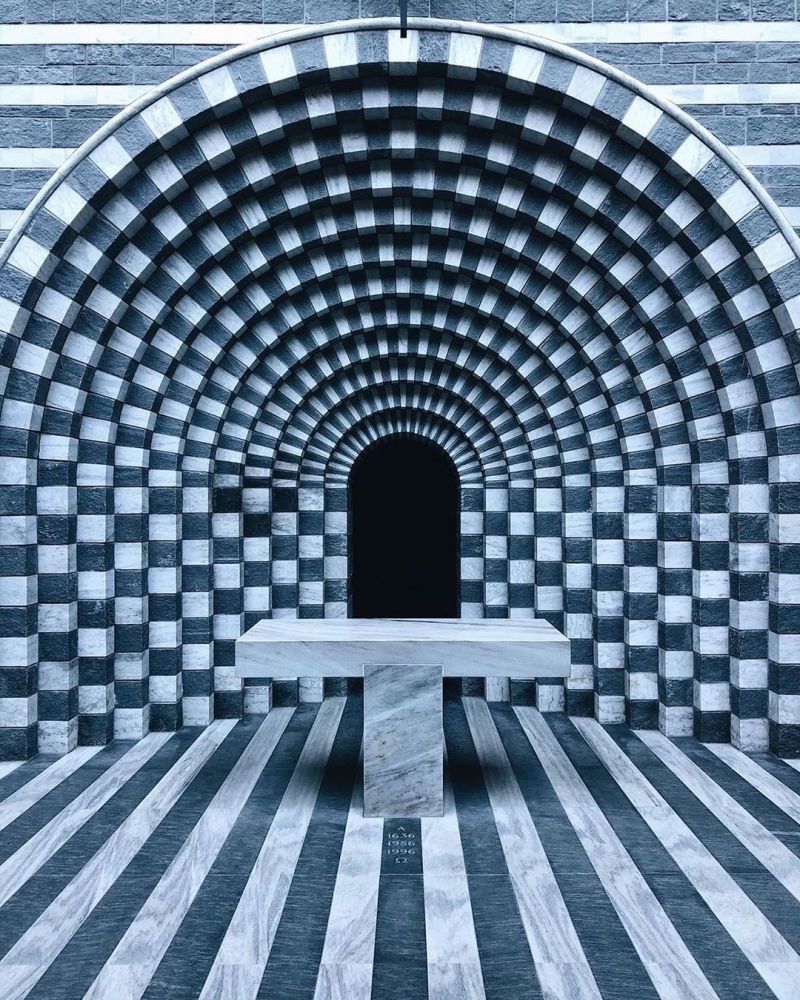The notion (articulated in the video) that the homeostatic process by which quasicriticality is maintained in the brain may have an essentially cybernetic explanation. In Jeff Hawkins’ “A Thousand Brains” he references neurophysiologist Vernon Mountcastle’s belief in the existence of an underlying (as unifying) organisational principle in the brain. I wouldn’t be at all surprised […]





